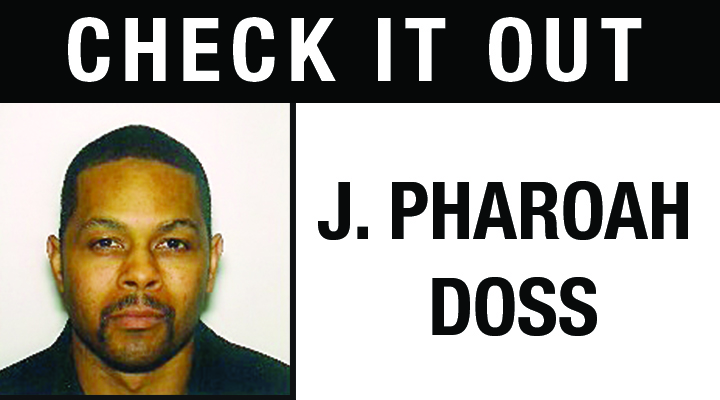by J. Pharoah Doss, For New Pittsburgh Courier
During the great depression, Sinclair Lewis wrote a dystopian novel about a charismatic populist candidate that captured the US presidency and then became a fascist dictator.
The title of the book was It Can’t Happen Here.
When Donald Trump ran for President in 2016, a handful of literary critics compared Trump’s rhetoric to the fear-mongering main character in Lewis’s novel and assumed the similarities would prevent Trump from gaining traction.
Yet, Trump won the Republican nomination.
The Republican Party was split over their presidential candidate. Half felt Trump didn’t represent their conservative values and his racist public persona would destroy the Republican brand. The other half supported Trump to make sure a Democratic president didn’t appoint the next slate of Supreme Court justices.
Trump won the presidency.

The literary critics were shocked and felt it finally happened here. Except Trump ended up a self-destructive one-term anomaly compared to the all-encompassing demagogue in the novel. Trump did appoint three Supreme Court justices to the bench, giving the conservatives the majority. Though Trump lost reelection, his supporters believed the long-term effect of his presidency would be through the Supreme Court.
Recently, the Supreme Court declared there was no constitutional right to an abortion and overturned Roe v. Wade (1973). After 50 years of protesting legalized abortion, pro-life activists were finally able to say: It Can Happen Here.
But what’s happening is analogous to what just happened in Afghanistan.
When America withdrew military forces from Afghanistan last year, international women’s rights organizations asked in fear: What will happen to the first generation of girls? Those born immediately after the 2001 US invasion who never lived under Taliban rule.
To understand the fear of the women’s groups, we have to ask: What life was like for women once the Taliban, a fundamentalist Muslim movement, seized control of Afghanistan in 1996?
The Taliban imposed “gender apartheid” placing all women under quasi-house arrest, banished women from the workforce, expelled girls from schools, prohibited women from being in public without a male relative, and made strict dress codes for women.
Punishments for violating these rules ranged from beatings to floggings to executions.
To make matters worse, the enforcers of these dark age punishments prohibited women and girls from being examined by male physicians. Since female doctors and nurses were terminated from the medical field, healthcare for women rapidly became non-existent.
Barely 10 percent of women were able to access prenatal and maternal care, and only 6 percent of women gave birth in the presence of trained medical personnel. Deaths associated with pregnancy and childbirth were the highest in the world.
In 2001 American forces toppled the Taliban, created a new government, and drastically improved the lives of Afghan women for two decades.
In 2021 the first generation of girls born post-Taliban were adults. These young women spent their childhoods under the impression Taliban rule was a backward way of the previous century, and collectively believed–that could no longer happen here.
Unfortunately, after the US withdrew its military, the Taliban returned with vengeance.
Now, the first generation of post-Taliban girls have counterparts in the United States. If all the American girls born at the beginning of the 21st century were told as soon as they entered adulthood, a headline would read: 10-year-old rape victim denied an abortion after Roe v. Wade is overturned.
All of them would have said: It can’t happen here.











